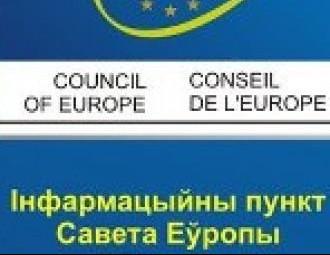Belarus appoints new leader of the Council of Europe Information Office

The Council of Europe believes that the Information Office’s full resumption of work will “open a new chapter in the relationship with Belarus”.
This opinion shared in the talk with the EuroBelarus Information Service Siarhei Dikman, the councilor on the CE programmes, the representative of the Directorate General of Human Rights and Rule of Law in Strasburg.
He recalled that Belarus has an operating BSU-based (Belarusan State University) Council of Europe Information Office for several years already.
“Up to 2010 Belarus implemented some projects of the Council of Europe, organized seminars, held conferences and meetings on the issues of human rights, death penalty and criminal law. After 2010 due to the objective reasons nothing took place any more. But starting from this year I would characterize the situation as a changed one. Council of Europe action plan in relation to Belarus was designed. A new leader of the Council of Europe Information Office, Viachaslau Jarashevich, an associate professor of the Belarus State University, was appointed recently. Everyone can appeal to the office for the information now. And I hope that the new leader will be active and will be able to help us to implement different programs of the Council of Europe”, - Siarhei Dikman reported.
Viachaslau Jarashevich has already entered upon the responsibilities of the Council of Europe Information Office in Belarus.
-
03.01
-
07.10
-
22.09
-
17.08
-
12.08
-
30.09



























